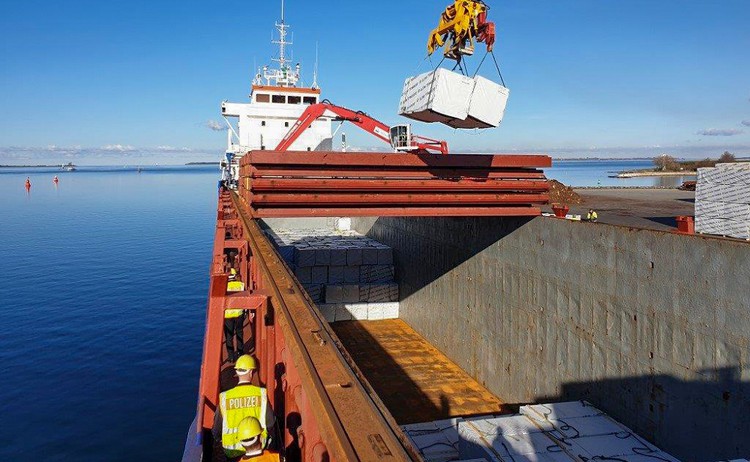A global law enforcement operation involving 61 countries has identified thousands of illicit activities behind severe marine pollution.
Codenamed 30 Days at Sea 2.0, the month-long (1-31 October) operation gathered more than 200 enforcement authorities worldwide for concerted action across all continents. Frontex played a key role in the operation, which was led by INTERPOL.
Illustrating the severe global extent of marine pollution crime, preliminary operational results have already revealed more than 3,000 offences detected during 17,000 inspections.
The offences - such as illegal discharges at sea, in rivers, or in coastal areas - were found to have been committed primarily to avoid the cost of compliance with environmental legislation.
Safeguarding sustainable development and public health
As part of Operation 30 Days at Sea 2.0, INTERPOL hosted an Operational Command Centre (OCC) in Singapore to focus on the illegal trade in plastic waste, a key threat to marine environment security.
The OCC brought key countries together to trigger investigations into cases of illegal export or import of plastic waste.
“Plastic pollution crime threatens the food chain, ecosystems, economies, public health and sustainable development,” said INTERPOL Secretary General Jürgen Stock.
“INTERPOL has a powerful role in coordinating effective global multi-agency action to help countries tackle this serious form of pollution crime.
“We have already seen significant results from the action days but the work will and must continue to identify those behind these crimes who are making a profit at the cost of our environment,” added the head of INTERPOL.
